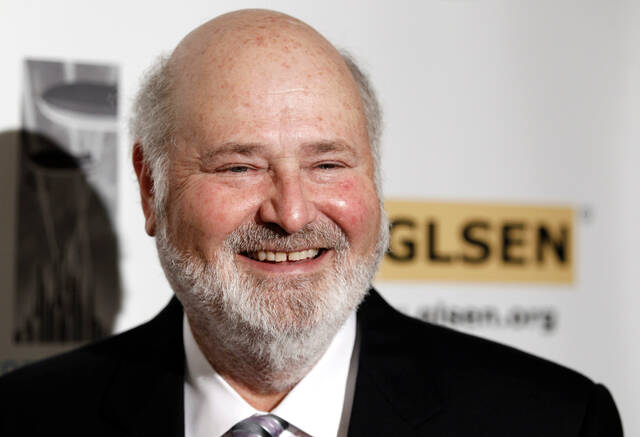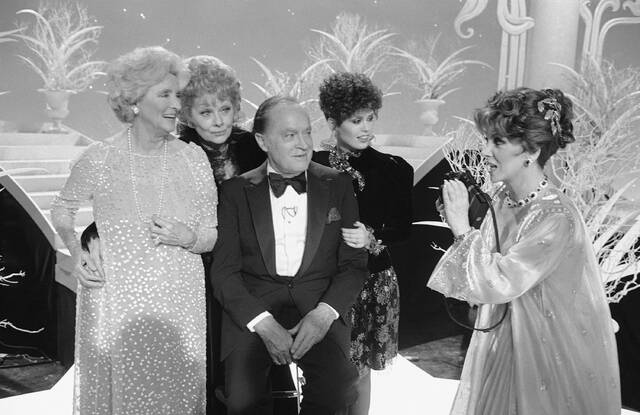When we think of a person’s impact on a city or region, we tend to think of some titan in industry or even a major sports figure. Perhaps some 19th century industrialist or current tech giant, or big-time quarterback or pitcher or NHL player.
When we think of a city scoring a major win, we don’t often think of doctors. But we should. Here I’ll give two significant examples, from the past and soon-to-be future.
The fellow from the recent past is the legendary Dr. Thomas Starzl.
Starzl pioneered organ transplantation at the University of Pittsburgh. I’ve written about him before, including the terrific 2019 documentary film done on him, “Burden of Genius.”
I worked for Starzl from 1987-91 while pre-med at Pitt. What the man did was extraordinary — bold, innovative, courageous. Under Starzl, Pitt/UPMC did the vast majority of the world’s organ transplants. Young surgeons looking to learn the procedure and establish centers around the world came to Pitt to study under Starzl. I met them at our Falk Clinic offices on Fifth Avenue and doing rounds at Presbyterian University Hospital and Children’s Hospital when it was in Oakland.
A crucial element of Starzl’s impact is that he came to Pittsburgh as the steel industry was collapsing. Thus, he helped Pittsburgh transform from a rust belt, declining steel city into a hub known for cutting-edge medicine, health care and technology. It’s no coincidence that the “USX” letters atop the Steel Building downtown now read “UPMC.”
That’s a testimony to individuals like Starzl.
Moreover, and central to the theme here today, Starzl was brought to Pittsburgh. He was recruited from the University of Colorado in the early 1980s. Landing him at Pitt was quite the coup for the university, city and wider region.
I mention this now because of the exciting yet under-the-radar news of Pitt-UPMC landing another major doctor doing groundbreaking work: It was just announced that Dr. John Byrd, an extraordinary cancer specialist from the University of Cincinnati, is coming to Pitt to head the UPMC Hillman Cancer Center. An internationally lauded pioneer in blood cancer research and innovative patient care, Byrd will lead all cancer-related research at UPMC beginning in November.
Byrd’s successful recruitment is known mainly to folks in medicine. It didn’t get front-page treatment like the Steelers signing a Hall of Fame quarterback from free agency. An online search reveals mainly just Pitt Medical School and UPMC press releases.
Personally, I learned of Byrd’s hire from a close friend who has chronic lymphocytic leukemia (CLL). When I got crushing news last year that a member of my family was diagnosed with CLL, my friend had this advice: “Go to Dr. John Byrd in Cincinnati right away. He’s the best in the world. And he’s a great guy who genuinely cares about his patients.”
We learned that to be true, in a lifesaving way.
When that friend informed me that Byrd is coming to Pitt, I was astonished. I felt bad for Cincinnati, where Byrd created a state-of-the-art comprehensive blood cancer center, but I’m thrilled for Pitt, UPMC, the city and patients.
To repeat, when you think of a single individual’s impact on a region, you think of industry/tech titans or sports figures. You don’t think of physicians. But like Dr. Thomas Starzl, the recruitment of Dr. John Byrd is a big win for this region.








